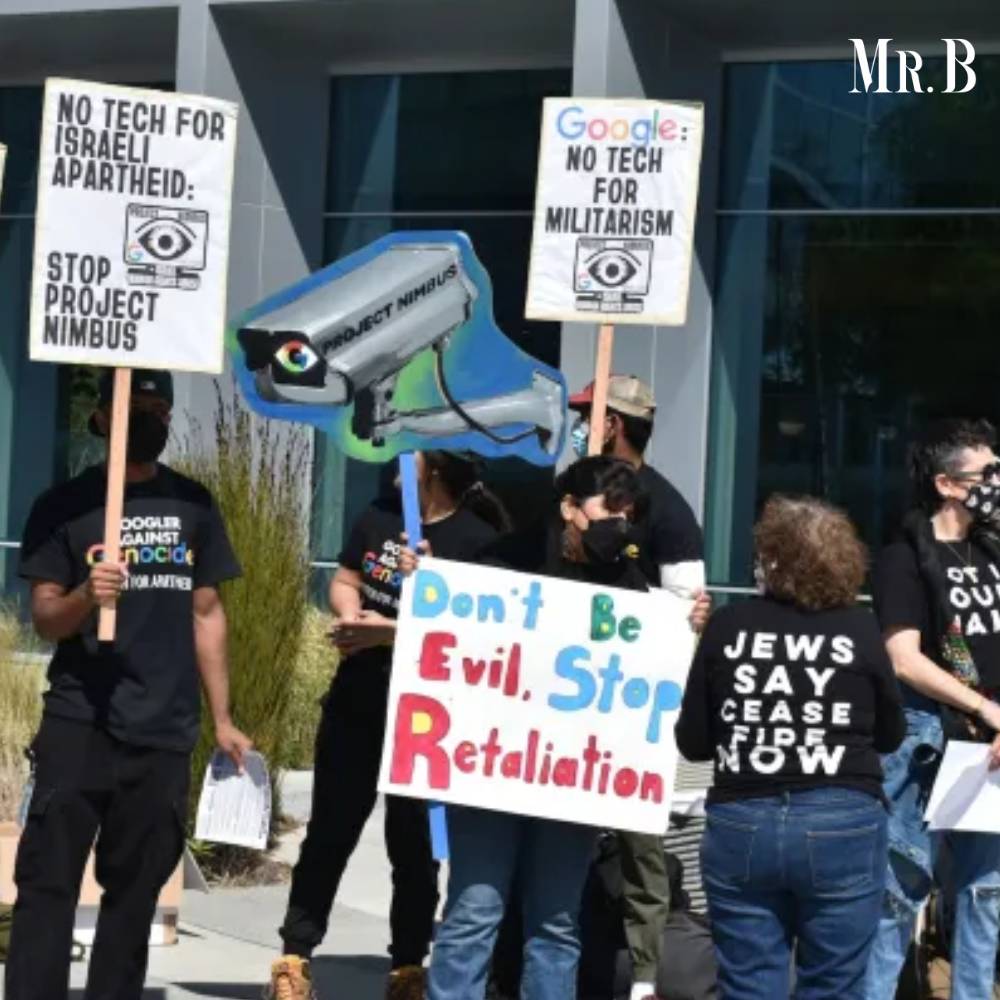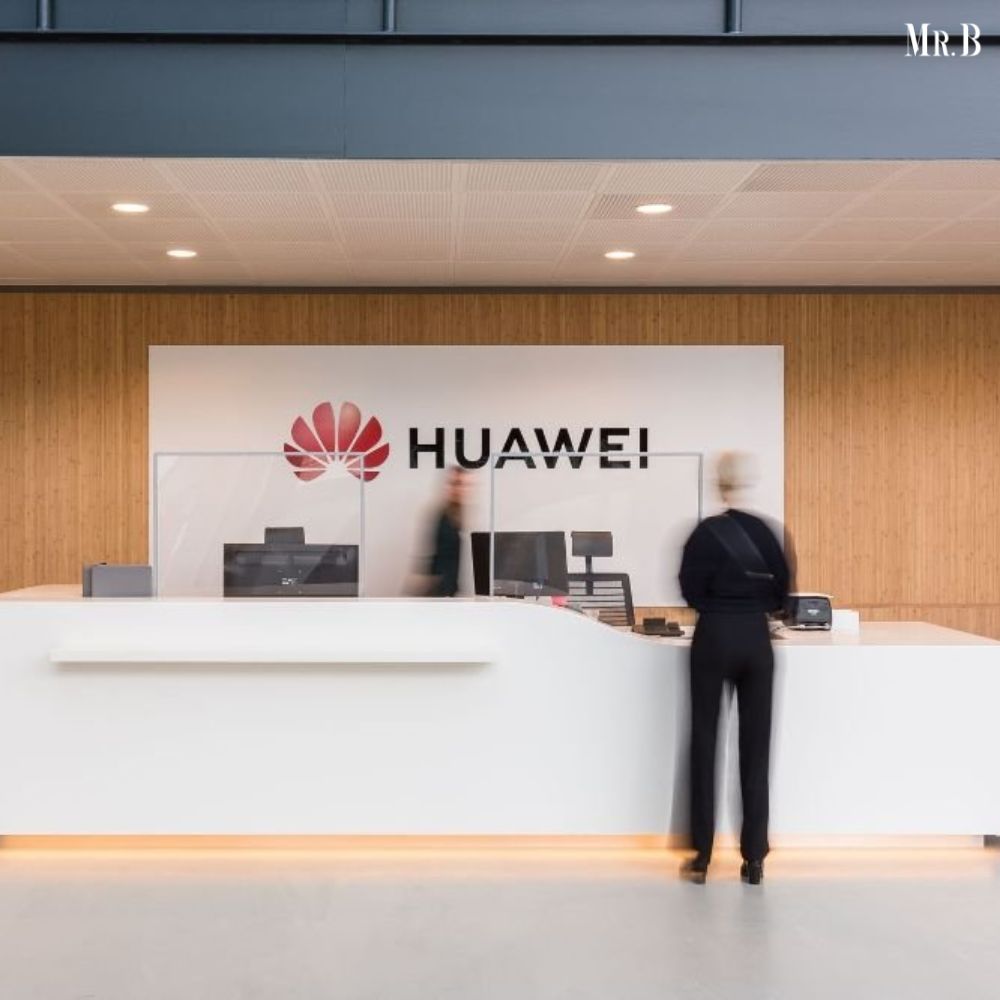Google Fires 28 Employees Following Sit-In Protest Over Israel Cloud Contract
- Category: News

Google has taken drastic action by firing 28 employees who participated in sit-in protests Over Israel Cloud Contract at its offices, as reported in an internal memo obtained by The Verge. The terminations follow the suspension and subsequent arrest of 9 employees in New York and California earlier this week.
The protests were sparked by Google’s Over Israel Cloud Contract involvement in Project Nimbus, a $1.2 billion Israeli government cloud contract that also includes Amazon. Demonstrators, including the fired employees, expressed their opposition to the company’s collaboration on this project. The situation escalated when some protesters occupied the office of Google Cloud CEO Thomas Kurian until law enforcement intervened to remove them. Notably, last month, Google fired another employee for protesting the contract during a company presentation in Israel.
Chris Rackow, Google’s head of global security, addressed the issue in a memo to all employees, condemning the behavior exhibited during the protests. He stated, “Behavior like this has no place in our workplace and we will not tolerate it,” emphasizing the company’s commitment to upholding policies and taking action against disruptive conduct, including termination if necessary.
Google Firings Spark Employee Activism Clash Due to Israel cloud contract
Rackow’s memo also hinted at possible future repercussions for similar behavior, underscoring Google’s seriousness in maintaining a productive and respectful work environment. However, the “No Tech for Apartheid” group, responsible for organizing the protests, viewed the firings as unjust retaliation.
Responding to the terminations, the group criticized Google for not engaging with their concerns about Project Nimbus over the past three years. They argued that employees have the right to peaceful protest regarding their working conditions and accused Google of retaliatory actions.
The conflict highlights a growing tension within tech companies, where employees are increasingly vocal about corporate decisions involving ethical considerations. Project Nimbus, given its ties to government contracts and political implications, has become a focal point for employee activism at Google.
Google’s Challenge: Managing Internal Dissent in Tech
Google’s response reflects a broader challenge faced by companies in managing internal dissent while balancing business interests and ethical considerations. The tech industry, known for its progressive culture and employee empowerment, is witnessing a shift where employees demand greater accountability from their employers on social and political issues.
The aftermath of these firings may further fuel discussions on corporate responsibility, employee rights, and the role of technology companies in global affairs. As companies navigate complex partnerships and projects, they must find ways to address employee concerns constructively while upholding organizational values and business objectives. The dialogue between management and employees will likely continue as these issues evolve, shaping the future of workplace activism and corporate governance in the tech sector.
Curious to learn more? Explore this News on: Mr. Business Magazine







